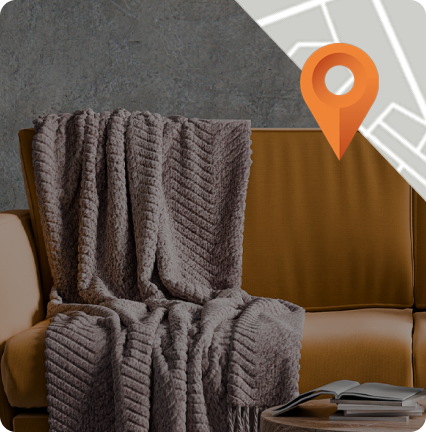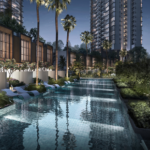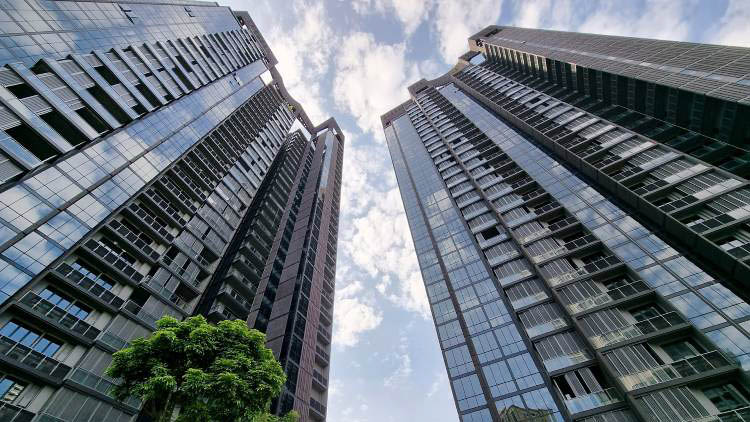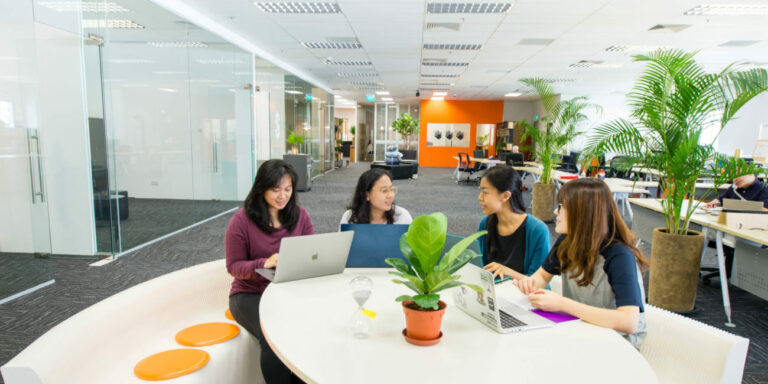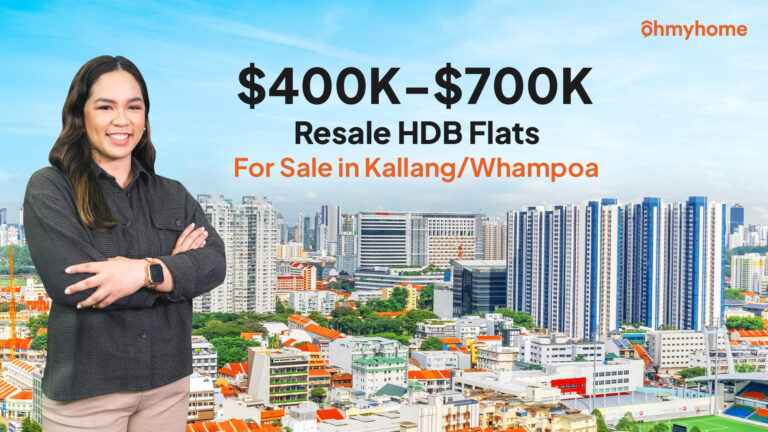So you’re covering your home’s payments and not thinking of moving anytime soon. Is now the right time to consider purchasing your first investment property?
Property has traditionally been a popular investment in Singapore. For years, property assets have been known to appreciate alongside the city state’s rapid pace of development. However, with the latest cooling measures introduced just in Dec 2021 to discourage speculation in the housing market, there’s been less guarantee of high returns.
Despite this, and even in the midst of Covid, the property market remains active, with an abundance of new launches and properties put up for sale. If you aspire to add a property to your investment portfolio, ticking off these boxes will help you know it’s a good time to start shopping around.
You’ve fulfilled your Minimum Occupation Period (MOP) or are staying in a private property
If you already own a HDB flat, you would need to fulfil your MOP requirement of five years before you can buy a private property. If your first property is private, however, this requirement does not apply.
You’re looking for a low-risk source of passive income or capital appreciation
Property is generally considered low to medium risk as an investment because it gives you a tangible asset that you can tap on for returns.
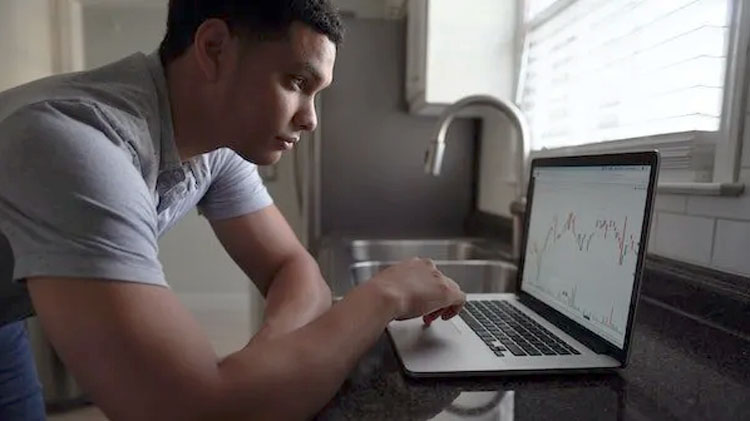
As a tangible asset, returns come from two main sources: passive income through rental and capital appreciation – your property’s increase in value over time. Both these kinds of returns are generally stable but may not be high. A healthy net rental yield would be around 2–3% for residential, and around 3–5% for commercial, while capital appreciation varies depending on type and location.
Property is also unique among investments in terms of how it can be financed. It can be partly paid for using loans with low interest rates. Rates for residential property loans in particular are among the lowest available. Also known as leveraging, this strategy could potentially increase your returns, and is one reason why property remains popular as an investment.
However, whether you earn returns, and how much, would also largely depend on your property’s characteristics and the strength of the market.
You have extra cash on-hand and/or in your CPF
Buying a second property requires you to pay significantly more in cash than for a first property. This is due to measures that ensure buyers do not overextend themselves through loans.
A second property would require a 25% cash down payment of the property’s valuation (as compared to 5% for your first property).
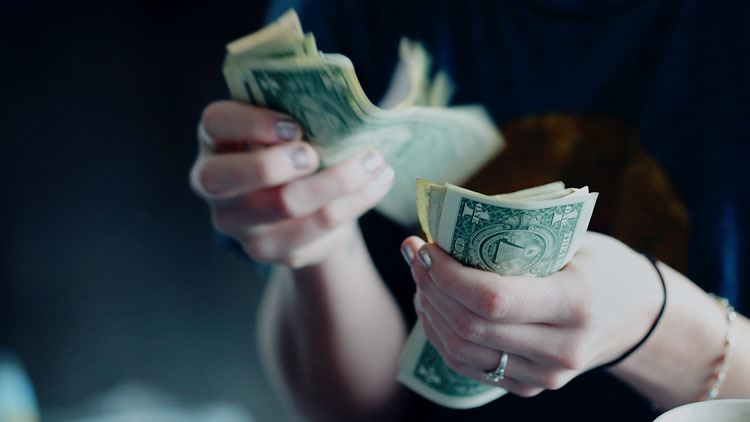
Other costs to factor in would be Buyer’s Stamp Duty (BSD) and Additional Buyer’s Stamp Duty (ABSD) at 17% (for second residential property) or Goods and Services Tax at 7% (for commercial).
Paying for a second property also requires more cash and/or a higher CPF balance than a first. When applying for a loan, under the Total Debt Servicing Ratio framework, you can only borrow up to 55% of your gross monthly income. This amount covers all types of loans, from any taken for your first property, to your car and credit cards.
And if you are still paying off your first property, you would only be able to borrow 30% to 45% of the property value (otherwise known as the Loan-to-Value Ratio) for your second property, as compared to 75% for your first.
The balance can be paid using cash or CPF (if residential). However, if your CPF has already been drawn on for your first property, the Basic Retirement Sum of $93,000 has to be set aside before it can be used to finance the second.
In summary, ensure you have enough cash savings to cover the down payment and stamp duties/taxes. The amount that you have already borrowed and whether you are still clearing your first housing loan, will affect the size of the loan that you can get for a second property. Hence, if you have other ongoing loans, make sure you have enough savings in cash and/or your CPF to cover the balance payment for your second property.
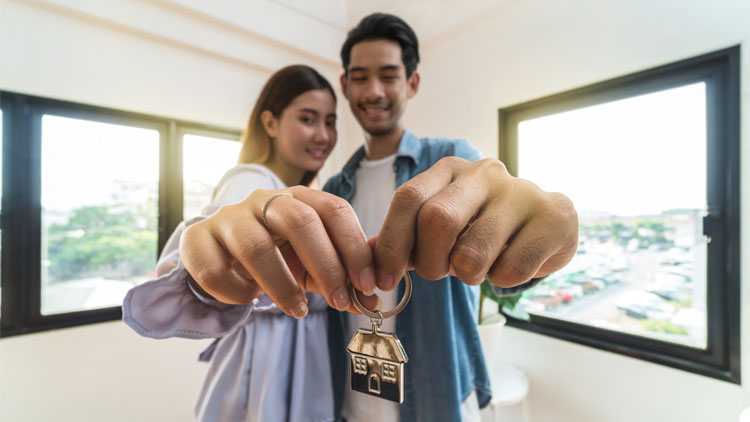
Bonus savings tip
One way to save on ABSD if you’re staying in a private property, is to transfer ownership to one spouse, so that the other can buy his/her “first” property. This process – known as decoupling – will incur BSD and legal fees, but can still result in significant savings from not having to pay ABSD.
Or if you are currently buying your first property with an eye on property investment in the future, you can consider listing only one spouse as owner from the outset. The drawback is that the unlisted spouse’s CPF cannot contribute to payments, and his/her income would not count for loan applications. Alternatively, you could split the ownership of your first property 99% to 1% so that, should you transfer ownership to one partner in the future, you would only incur BSD on the 1%.
You’re game to be a landlord
You’d likely want to rent out your property to help cover its mortgage and provide some passive income, instead of just letting it sit empty and hoping for future capital gain. So you’d have to be willing to be a landlord and carry out the accompanying responsibilities (or to hire a property manager).
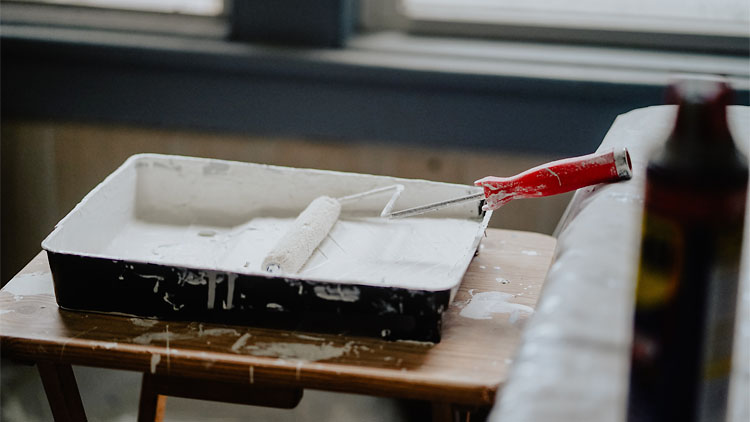
How involved you want to be as a landlord could determine the type of property that you invest in. Residential tenants may have more predictable and routine demands centering around keeping the unit in decently liveable condition. Whereas commercial properties may have varying requests depending on the nature of their businesses, and require faster turnaround so as not to disrupt their day-to-day operations.
You’re willing to hold your property for the long term
Unless you’re actively involved in overhauling your property in hopes of flipping it, or are looking to quickly cash in on a hot market, your property will likely take time to earn you a significant profit. Besides the stable but low nature of rental returns, property usually takes time to grow in value as the area around it develops and takes shape. So, be prepared to hold on to your property for at least five years or more (while also keeping an eye on the number of years left on its lease, which may affect its value).
If you’re able to fulfil the points above, you’re in a good place to consider getting an investment property. These tips highlight what to look out for when making your selection.
This article was originally published on Planner Bee, your handy financial planning app! Learn more about managing your money, investments and insurance on Planner Bee’s blog
Cover image: Luxury Condo SG






